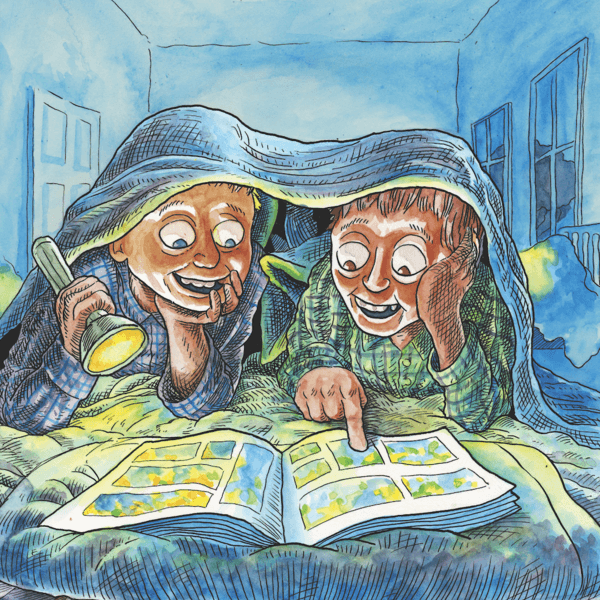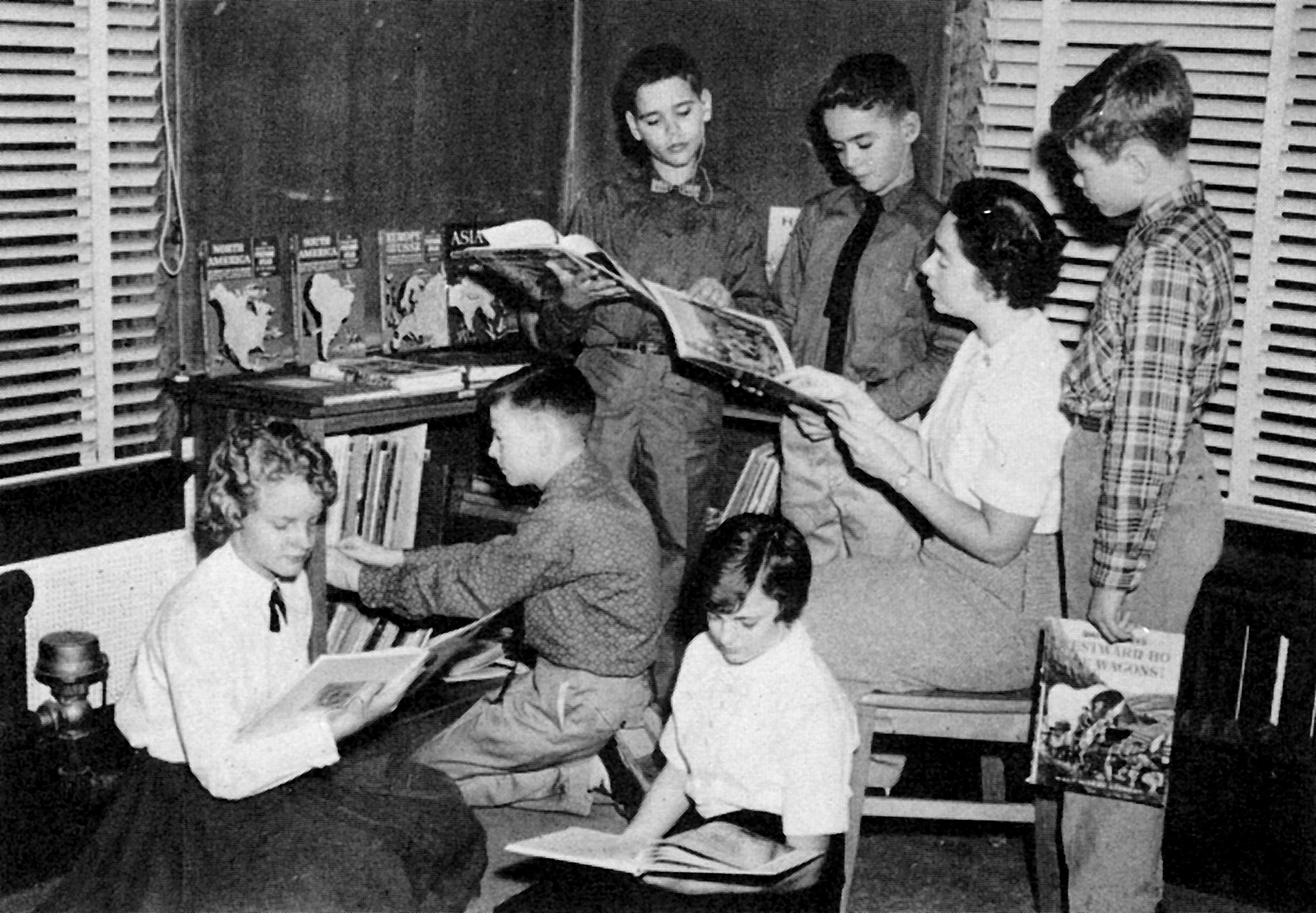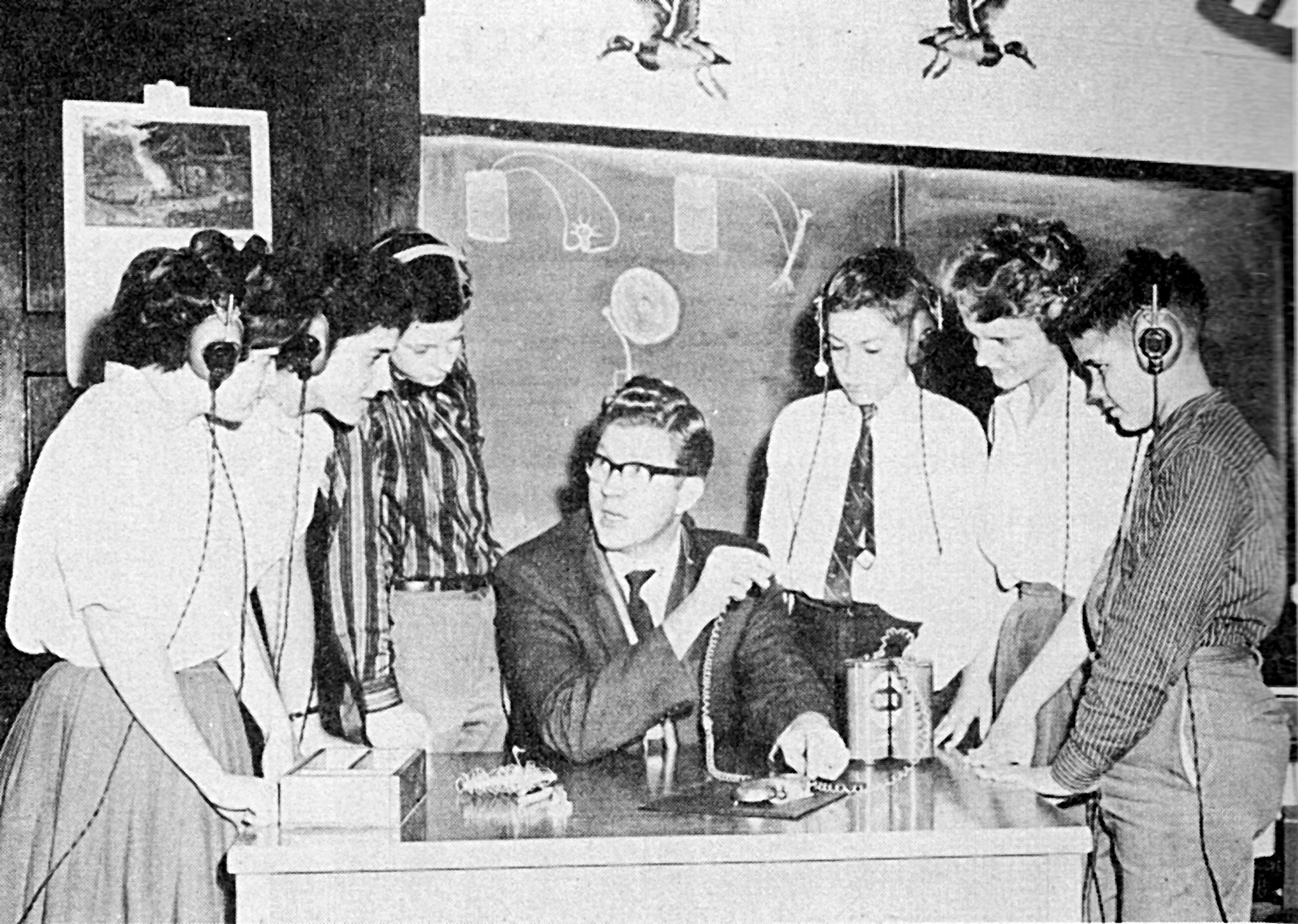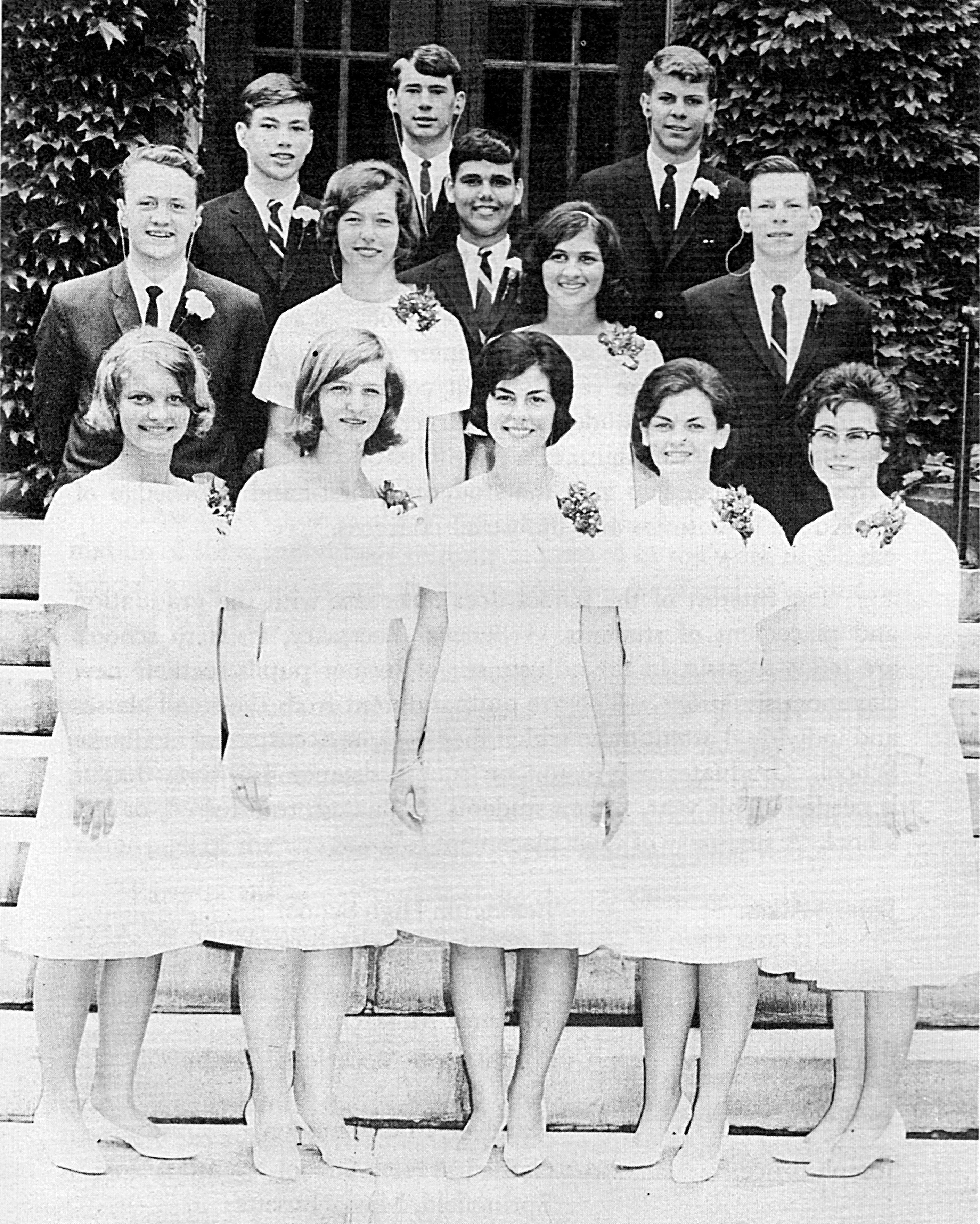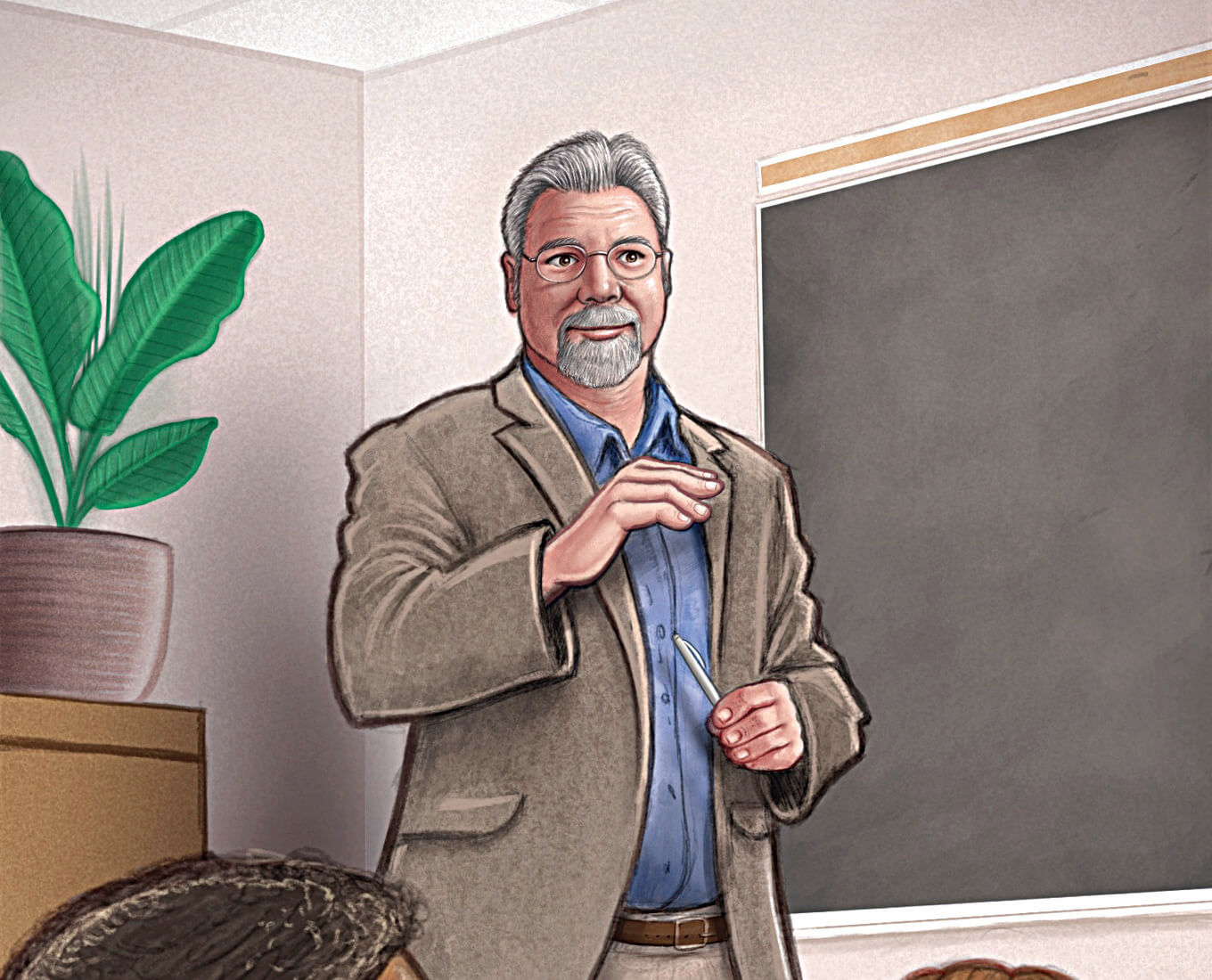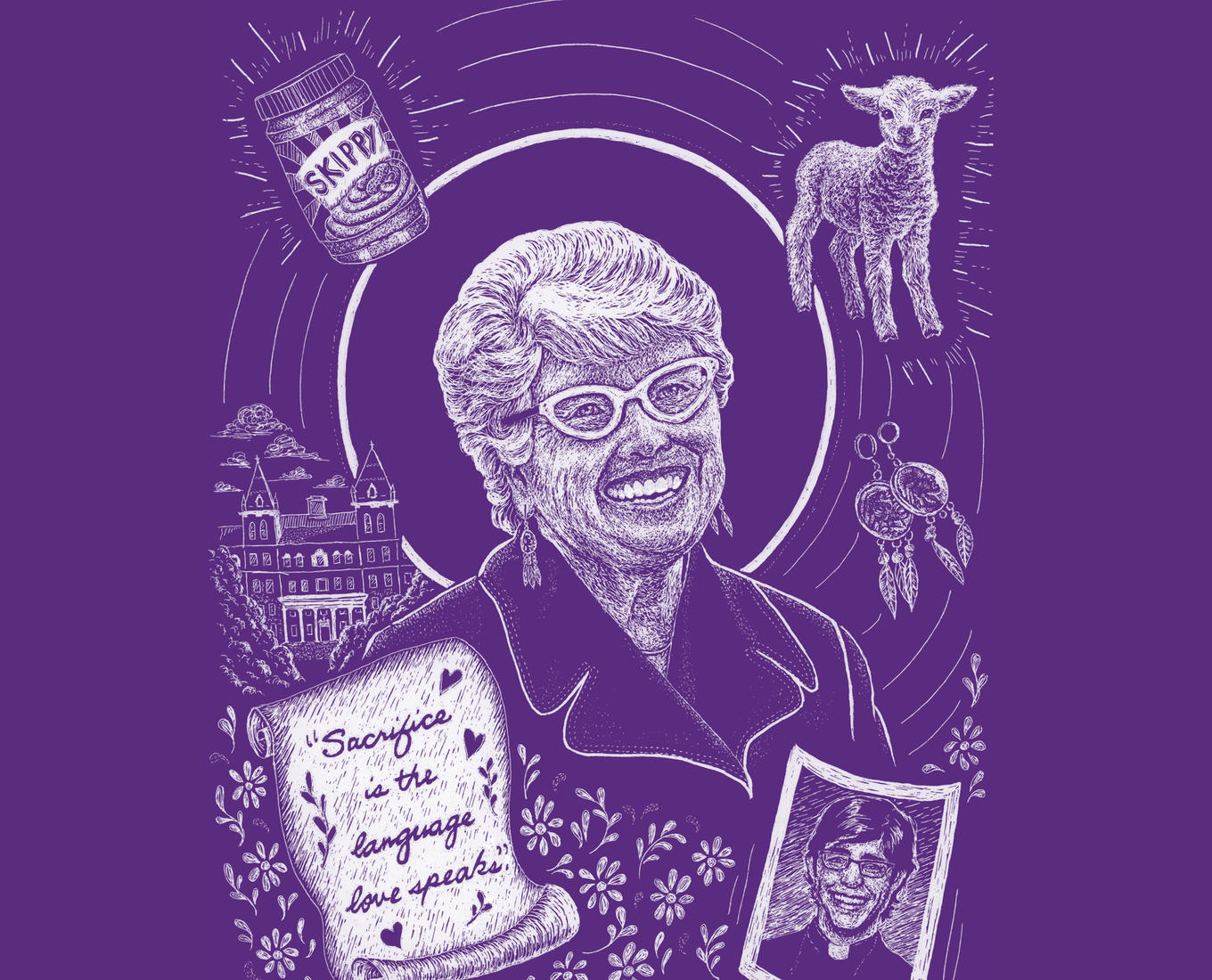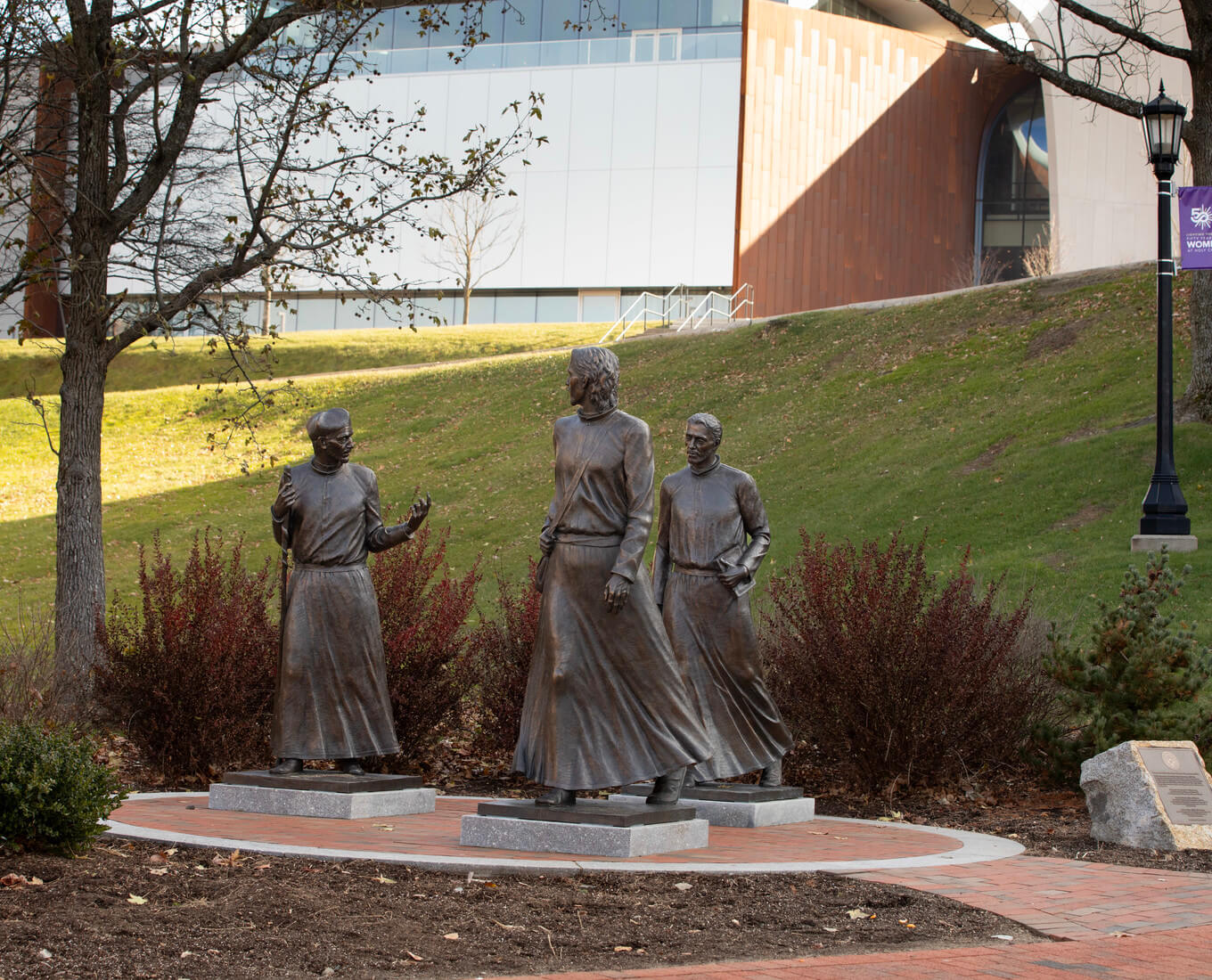In the last issue of Holy Cross Magazine (Summer 2023), it was fascinating and exciting to read the article about “comic books,” as they were called while I was a kid growing up at Clarke School for the Deaf, a residential school for deaf children in Northampton, Massachusetts.
During my years at Clarke, my classmates and I lived in dormitories. While in the Lower School division, we discovered flashlights and used them after the lights went out, so we could lipread one another. (Sign language was forbidden because the emphasis was learning our verbal Mother Tongue.)
After we moved into the Middle School division, we discovered playing cards and comic books. After the lights went out, we would take out our hidden flashlights, playing cards and reading comic books. If we were caught, they would be taken away, but they were always given back to us in June when we returned home for the summer to be with our families.
During these years, it was always an ongoing struggle to learn speech, lipreading and language, and especially “language for communicating with hearing people.” Even though we had the Fitzgerald Key (a crutch for learning “straight language”) and the teachers’ homemade sentence cards on charts, it was not an exciting way to learn to “talk with language.”
